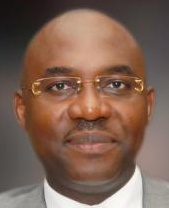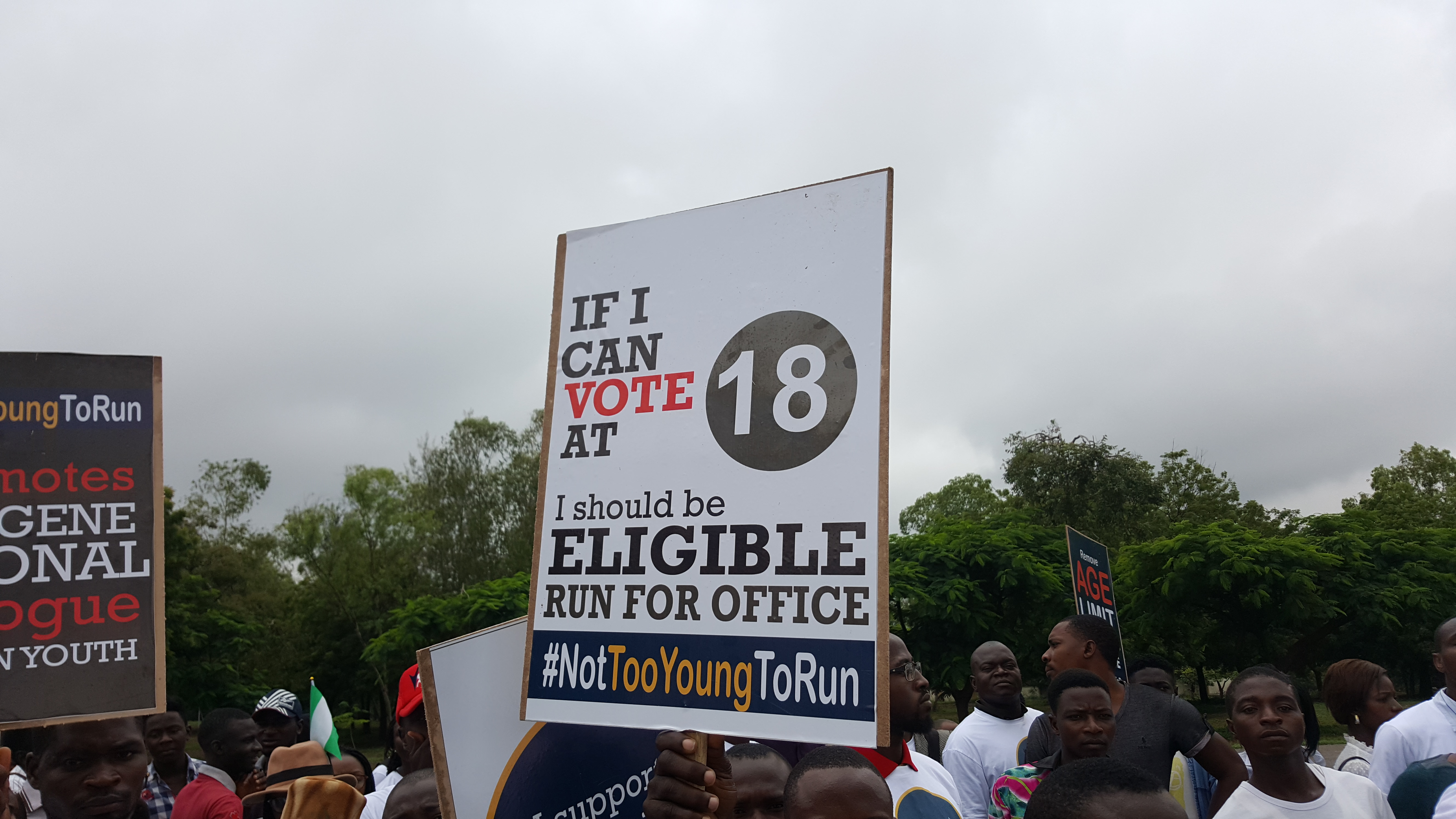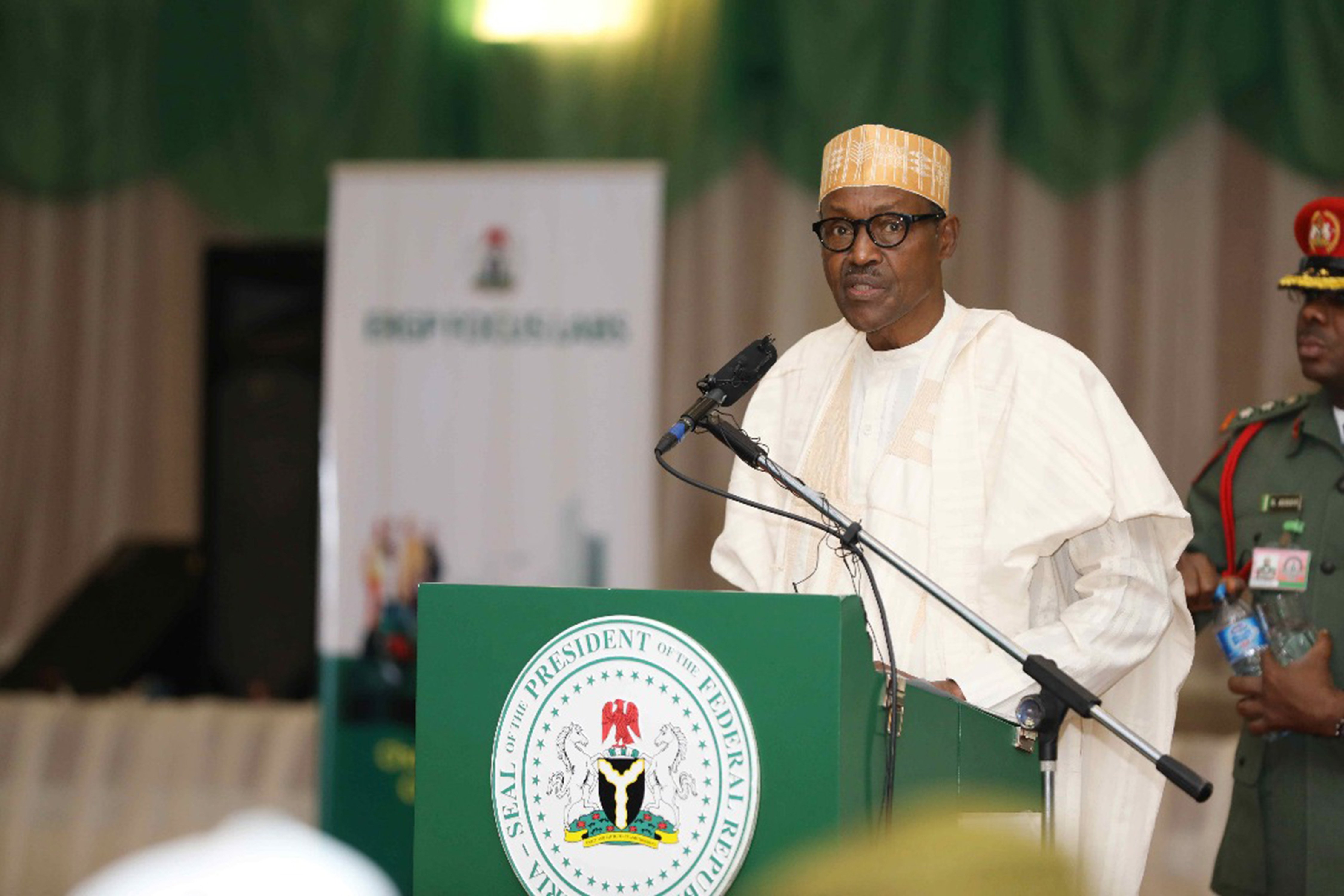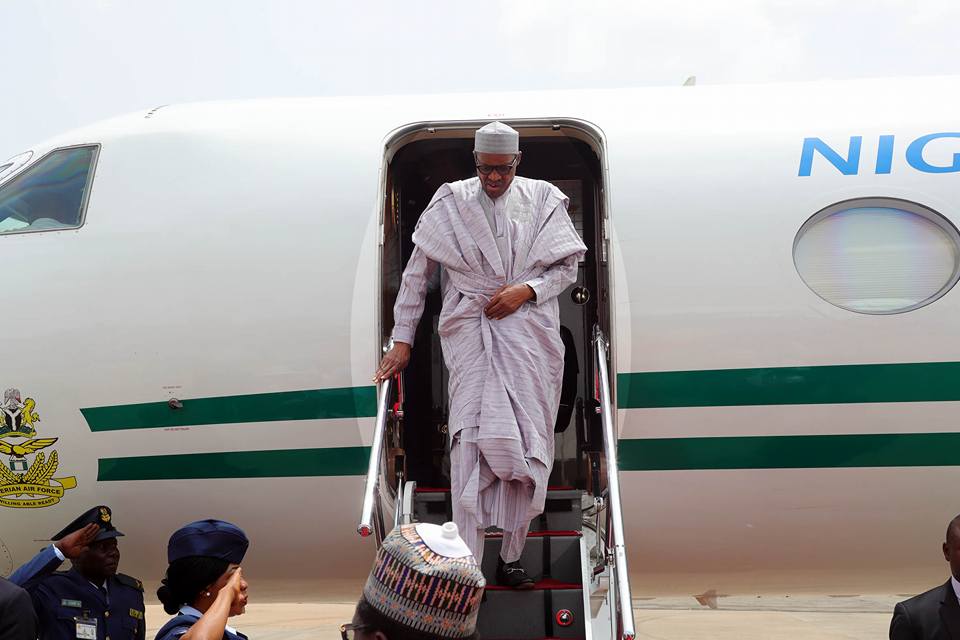Easily given to ceremony than substance, it is no surprise that we seem carried away yet again by the enactment last week of the “Not-Too-Young-To-Run” Act. By “we”, I refer to citizens of my generation and the millennials, many of whom probably view the development as no more than a tacit official acknowledgement of “our own turn to eat”.
True, there can be no downplaying the import of lowering the age ceiling for the the highest office in the land at a time the geriatric seem reluctant to relinguish the leadership stool. Now, a 35-year-old is anointed to contest the presidency against President Muhammadu Buhari next year, as against the old minimum of 40. Just as a 25-year-old is fit to become member of state assembly or the National Assembly.
Of course, this change, championed by the “Not-Too-Young-To-Run” movement, was undoutedly inspired by electoral hurricanes outside our shores in recent years that swept young Turks into power.
At 39, Emmanuel Macron emerged the youngest President in the history of France last year. The same age as Leo Varadkar, the Irish Prime Minister.
Advertisement
In Austria, 31-year-old Sebastian Kurz is Chancellor.
In Canada, 43-year-old Justin Trudeau emerged Prime Minister. Thirty-seven-year-old Jacinda Ardern is New Zealand Prime Minister. Volodymyr Groysman was only two years older when he emerged Ukraine’s youngest ever prime minister. 38-year-old Emil Dimitriev took over in Macedonia. His age-mates – Carlos Alvarado Quesanda and Jüri Ratas – are leaders of Costa Rica and Estonia respectively.
Back home, with a demographic of under-35 accounting for more than 65 percent of national population of over 180m, at no time in history have the Nigerian youths been this reminded of the power of electoral veto within their reach.
Advertisement
But let it be noted that opportunity is not exactly the same thing as purpose. The easy conjecture is to assume today that the prospects of merely having public offices overtaken by the youths is all that is required to cure the obvious leadership deficit afflicting the country. Nothing could be more futile.
Weighing into the raging debate, Sam Omatseye, The Nation columnist and inimitable connoisseur of poetry and history, cautioned against toasting a mere “paper victory” in his last outing.
I would rather add that the new Act would not be in vain only if the youths themselves see this as an impetus to frame the next agenda: mobilizing and driving a new campaign to redefine the purpose of politics as service and not a transaction. This, to me, is at the core of leadership crisis bedeviling the nation.
Truth be told, what has always ailed our politics is not age but the mindset we bring to electoral contest. The issue is not the age of our politicians but the age of our politics. Azikiwe, Awolowo and Ahmadu Bello chanced upon the national stage in their 30s. The second generation of leaders consisting the military faction seized and exercised power also in their 20s and 30s.
In terms of the integrity test, those found to have looted the public till over the years did so in their prime years. We can then see that youthfulness is hardly an inhibitor of the itchy finger.
Advertisement
So, if we all agreed that the nation has under-achieved relative to her potential in almost six decades of independence, it is only logical that the failure be attributed substantially to the leadership recruitment and training template adopted.
Now sorely needed is a new politics driven by values. I share the view that perhaps the easiest take-off point should be the resolve of good people to take more than a casual interest in politics in their local communities, thereby helping to crowd out the political hoodlums. If sustained, we will sooner than later help force a new ethic that ensures politics is no longer the vocation of men without verifiable second address or the rehab centre of women of easy virtue.
Indeed, more than any time in history, the time has come for us to see a nexus between votes bartered for few banknotes before thumb-printing on the election day and the subsequent incidence of public treasury being stolen by those who bribed their way to power.
But the thieving politician is just as culpable as members of his constituency who put them under pressure by making unreasonable financial demands. Few years ago, a popular senator from one of the South-west states narrated his “ordeal” to this writer.
To make a visit to his constituency every week from his Abuja base, he required at least whopping N5m to cater for all manner of requests ranging from someone doing “remembrance party” for their ancestor who died last century, to someone taking a wife. So much that he often returned to his Abuja station the next Monday broke.
Advertisement
His “coping strategy”?: “Whenever I’m unable to raise such amount of money,” he said, “I simply avoid going home and so it is cheaper for me then to fly to London to spend the weekend.”
Of course, there is no prize for guessing where the senator had to source the slush money from to indulge his constituents weekly.
Again, how many of us can genuinely volunteer for any form of civic act like joining in mobilizing more political participation in our respect local communities without expecting instant gratification from the resident “political leader”?
Advertisement
I think the first step to sanitizing political contest is to disincentivize public office. So long as the unemployed graduate realizes that a federal legislator, for instance, carts home N13.5m monthly as “running costs” apart from the documented N750,000 salary, the more intense his envy and the greater his desperation to have the lawmaker displaced in the next election round and claim their plum seat.
Of course, displacing the current order cannot be achieved overnight. It requires some activism of sorts which the youth themselves can help champion, bearing in mind that it is only when we have men and women of conscience in the position of decision that whatever is available is judiciously applied for the need of the majority, not the greed of a privileged few.
Advertisement
‘They’re masters at diving’
The foregoing phrase was one of my takeaways after watching the UK/Nigeria soccer friendly with my boys at home at the weekend. The pain of watching Super Eagles going down with two-goal deficit during the first half was enough to lull me into slumber during the 15-minute half-time break. Only to be roused suddenly by the shouts of “Daddy!, Daddy!!, Nigeria has scored!!!”
Advertisement
Instantly, sleep fell off my eyes. The gloom in the lounge vanished as we bumped fists in child-like jubilation.
Now ecstatic Josh, 11, elected to fill me in on what brought about Nigeria’s dramatic change of fortune within few minutes into the second half: “The coach changed three players as the second half was starting and the team is now playing well.”
By some strange telepathy, Josh and Ese, 14, had both screamed “Oh!, Daddy, Nigerian team lacked coordination”, almost immediately after the second goal shook our net in the first half. No wonder, twice, Nigerian players headbutted themselves while contesting for the football mid-air.
Then, by the 52nd minute, our renewed excitement would again be frozen when an English player appeared to have been hacked down in Nigeria’s 18-yard box.
Oh Lord!, so this is how the one-goal relief will be wiped off by a penalty kick?
Our relief could only be imagined when the referee ruled out any foul. The crafty lad had faked a fall.
In half jest, half anger, Josh sneered: “They’re masters at diving.”
“Who?” I asked.
“I mean English players are masters at diving inside the penalty box in order to have penalty kick.”
That sweeping generalization by someone I would consider a very little boy really caught me. Such conclusion was undoubtedly informed by a fascination – if not obsession – with the European league. So, this is the sort of mental profiling the kids are making of the nation that once colonized their own fatherland?
Following the crowd’s heckling of fair-skinned Dele Ali while walking off the pitch after being substituted by the English coach, Ese remarked: “They’re booing him that he could have played for Nigeria.”
Dele Ali is of Nigerian descent.
It was clear the booing came from the Nigerian supporters among the spectators.
Hmm, a lesson in patriotism.
Josh is Arsenal fanatic, Ese a Chelsea fan. (Incidentally, they both are active in their school football teams.)
So, the incongruity, the tension between a dad whose own passion is boxing and two sons fiercely devoted to foreign soccer league having to share the same roof can only be imagined every weekend.
Indeed, the world has changed. While growing up, boys of my generation would rather be heard showing off the recitation of textbook theories to the nodding admiration of our fathers.
How dare you openly romanticize soccer before your parent – something denigrated as a distraction and designed only for academic failures.
Life.
Even with their access to TV restricted to weekend, I’m always amazed at the authority these kids ooze when commenting on football. So, more out of compromise, what I end up reminding them after eavesdropping on their regular soccer chatter is the need to bring same passion to their studies, drawing attention to some lessons from, say, the England Vs Nigeria match.
One, just like on the field, “lack of coordination” in real life situation will only bring defeat.
Two, the courage to “change bad habits” like the Nigerian coach did to the weak players at the start of the second half could indeed be the game-changer needed for success in life.
For me, it is yet another reminder of a festering cultural imperialism under which our nation appears helpless. Access to cable TV means the boys can watch international matches in better organized environment real-time.
This naturally kills the enthusiasm for football matches at home held under often impossible conditions. I am not ashamed to admit that the boys today know very little about the otherwise iconic Bendel Insurance (even though they see me wearing their jerseys personalized with my name).
How can we change this story?
Add a comment







